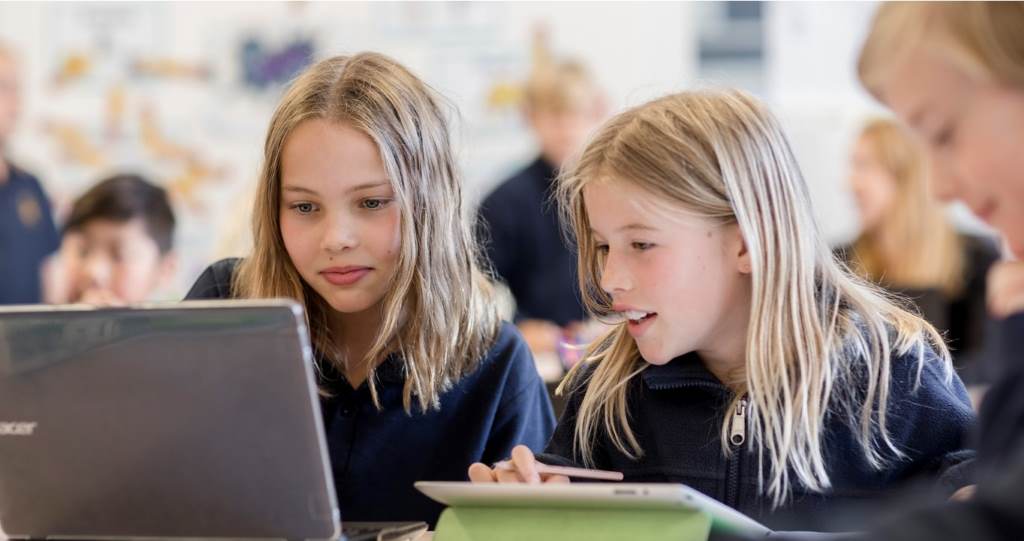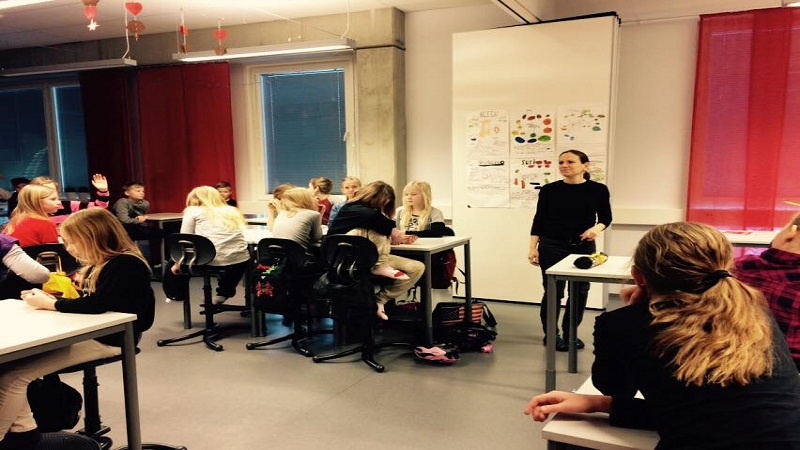Not all children have leadership skills, although some would like to handle the roost, others prefer not to take the initiative and join and share others proposals. Often, children are subjected to pressures by peers, attempting to influence, more or less openly, in their ways. This is something that our children have already deal since childhood.

Something angry, my nine year old son told me that a friend of his was accused of being a ‘geek’ as he was called along with other classmates make a science club. I suppose, that this friend watching at risk its relationship with my son and the fans they share the football, tried to give this malicious value judgment not to depart from it and their common tastes.
Tips for Children’s Friendship
Naturally, I explained why his friend made him the remark and, of course, encouraged him to diversify his field of play, unless submissive or dependent on a single friend, but also invited to participate in the new project.
Classmates and friends also have an influence positively on the child. I remember having a friend who loved to draw and did really well, she taught me how to make funny faces and imitating learned a lot.
Likewise, I think it possible that when a class there are many children who are good students
The motivation is greater and more effective when it comes from the example of an equal. Unfortunately, peer influence can also be negative, when the leader or group leaders do not give good example and do not perform well. In these cases, we must prepare our children to not give in to the request of actions contrary to common sense and convictions.
It is easier for children to yield to pressure from others by curiosity which awakens in them or simply by need to feel accepted as part of the group, to be liked, not to make fun of them, to stay out of trouble if they go against the grain. We can help by giving some tips so that they can get away from the bad influences:
- Boost your self-esteem and judgment
- Meet the friends of our children.
- Teach them to choose friends according to interests and behavior.
- Invite them to talk to us or any person liable to any pressure or abuse.
- Partner with another partner or friends to say to say more easily “no”.
- No limit friendship to one group or individual. Teach children to get along with all peers.
- To notify the risks of giving in to bad influences and be respected.







